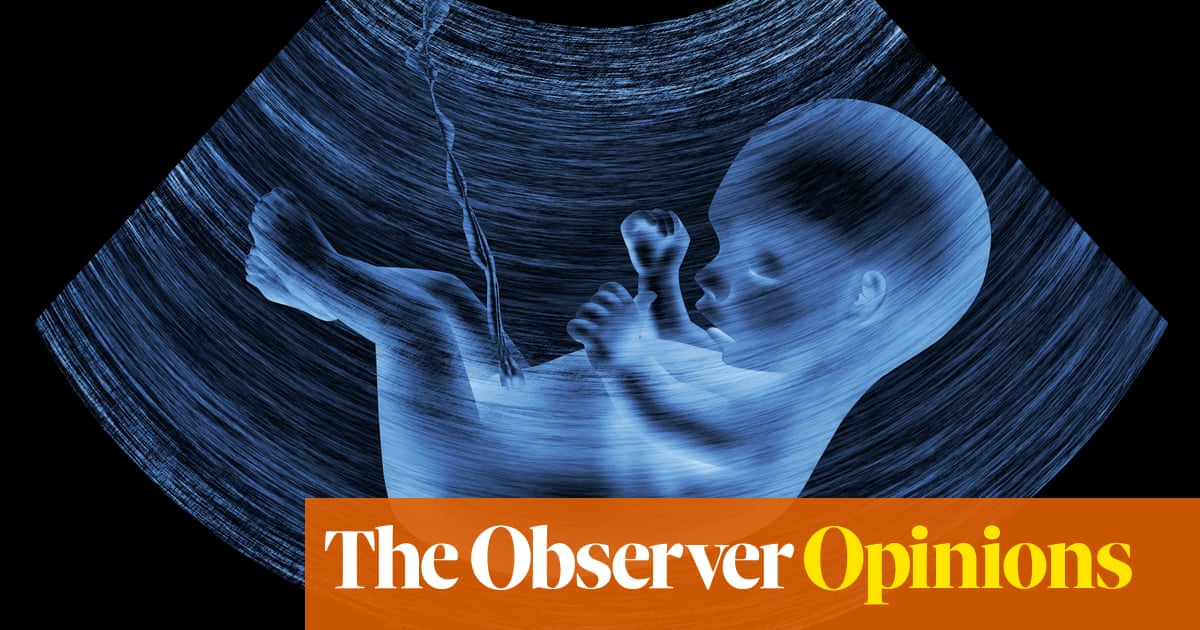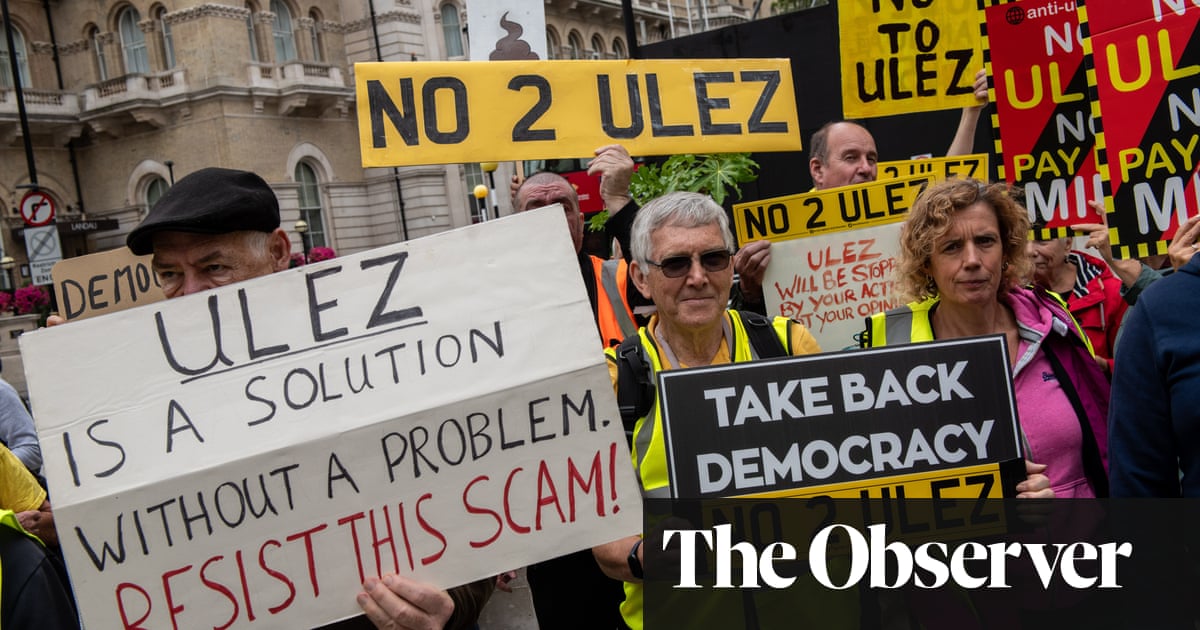
e all know how the path to hell is paved. But it is a warning worth repeating for Gavin Williamson. The secretary of state for education intends to rid universities in England of antisemitism, but his intervention not only threatens to provoke strife and confusion – it also places academic freedom and free speech on campus at risk.
In October, Williamson wrote to all university vice-chancellors “requesting” they adopt a particular definition of antisemitism: the “working definition” promulgated by the International Holocaust Remembrance Alliance (IHRA) in 2016. Williamson is not the first minister to write to universities on this matter, but he has been more forceful than his predecessors. His letter demands action by Christmas, and threatens swingeing measures against refusenik institutions that later suffer antisemitic incidents. He threatens to remove funding and the power to award degrees from universities that do not share his faith in the efficacy of the IHRA working definition.
This is misguided, for a number of reasons. First, it misconceives the task universities face. As shown in a report released last week by Universities UK – Tackling Racial Harassment in Higher Education – structural racism in universities is profound, and racial harassment on campus is widespread. These are problems that universities must address. The imposed adoption of the IHRA working definition will not meet this challenge. It will, however, privilege one group over others by giving them additional protections, and in doing so will divide minorities against each other. For this reason alone, Williamson should pause and consider how best to protect students and university staff from racism broadly as well as from antisemitism.
Williamson’s strategically ill-considered letter to vice-chancellors is based on two mistaken assumptions about the fight against antisemitism. First, it asserts the IHRA working definition provides a “straightforward” way for universities to show that they do not tolerate antisemitism. Second, it claims that universities that fail to adopt the definition reveal they are willing to tolerate antisemitism. Neither of these claims is true. The IHRA working definition is anything but straightforward, and universities already have some tools to deal with antisemitism.
Universities operate under the Equality Act; they also have internal policies and procedures designed to address discrimination, harassment and victimisation. The damning verdict of the Equality and Human Rights Commission’s recent report on the Labour party provided a clear demonstration that the universalist principles gathered in the Equality Act can be used to hold powerful institutions to account. But instead of demanding that universities review and improve their toolkit to address racism in all its dimensions, the secretary of state insists they use a niche widget for antisemitism alone: one that even its friends concede is not a precision instrument.
It is a puzzling choice, but one that becomes comprehensible once we see that the IHRA working definition acquired symbolic importance in the struggle over antisemitism in the Labour party. Labour’s initial rejection of the definition has led many to regard the working definition as a symbol – a litmus test of whether or not an individual or an organisation really opposes antisemitism or just plays lip service to the goal. Symbols are important, but they are no substitute for carefully constructed measures to combat antisemitism and other racisms.
In fact, the IHRA working definition “was never intended to be a campus hate-speech code”, as one of its original authors has explained. It was drafted as a tool for data collectors, although it has rarely been used in this way. But it is one thing for monitoring agencies to adopt the working definition as a rule of thumb; imposing it on universities, which have a duty under law to uphold academic freedom and free speech within the law, is something altogether different.
The working definition chiefly consists of a woolly core statement – “antisemitism is a certain perception of Jews, which may be expressed as hatred of Jews” – and a list of examples that “could, taking into account the overall context”, be instances of antisemitism. The examples cover a range of topics, but six of the 11 deal with discourse on Israel. And it is the emphasis on Israel that is the focus of criticism from the definition’s critics and enthusiasm from its advocates.
The pros and cons of the working definition have been debated on many occasions. For some it provides helpful guidelines; for others it inhibits legitimate criticism of Israel’s policies and practices. But in the light of the secretary of state’s letter, the key point is that it is impossible to know which of these interpretations is correct. And in this context, uncertainty brings danger.
According to the working definition, one example of behaviour that “could” be antisemitic is “applying double standards” to Israel. Some prominent advocacy organisations and political figures accuse those who support a boycott against Israel of doing just this. This is consequential for universities because a portion of students and staff support the boycott movement. So, taking this as a case in point, are boycotts of Israel inherently antisemitic, according to the IHRA working definition?
Unfortunately, the working definition itself doesn’t provide us with a definite answer – and if we turn to the leading public bodies for guidance we find confusing and contradictory advice. The Antisemitism Policy Trust is one such organisation. Esteemed internationally and in the UK, among other functions it provides a special adviser to John Mann, the government’s antisemitism tsar. Earlier this year the trust issued a policy briefing in which it declared, “boycotts are not covered by IHRA”. Some will have been reassured by this, others alarmed.
But in its guide to the IHRA working definition, also published in 2020, the trust leans heavily in the opposite direction. Here, in cloudy prose, it suggests that either boycotts against Israel are antisemitic unless they also condemn all other states that commit similar misdeeds, or that boycott movements are under an obligation to “prove” they are not antisemitic – or both.
If the Antisemitism Policy Trust is in a muddle over the IHRA working definition, how can anyone else be certain what it means? Universities, like everyone else, are sorely in need of good and clear guidance on when speech on Israel or Zionism becomes antisemitic. Sadly, this is not what the working definition provides. In these circumstances, its imposition by the secretary of state appears reckless and brings real dangers.
The working definition’s indeterminacy will provide a standing invitation to individuals and organisations to bring allegations of antisemitism against students and lecturers. Not least because some individuals and advocacy groups genuinely and passionately believe that the movement to boycott Israel is inherently antisemitic.
In the absence of further aggravating factors, the individuals who are the subject of these complaints may not run afoul of university policies and procedures. But the chilling impact on students, on academic and professional staff and on institutions dedicated to debate and robust discussion, will be corrosive and long lasting.
Antisemitism does arise in Britain’s universities. On occasion driven by ideology, this largely reflects a reservoir of images and narratives accumulated over centuries and deeply embedded in our culture. Antisemitism on campus comprises one part of a mosaic of harms and harassment suffered by racial and religious minorities. Jewish students and staff deserve protection, but imposing the working definition will add nothing useful to secure it. The secretary of state’s intervention divides Jews from other minorities. In doing so, he helps neither but instead risks splitting the struggle against antisemitism from the liberal values that have provided its most secure home. Let us hope he will think again.
• David Feldman is director of the Pears Institute for the Study of Antisemitism at Birkbeck, University of London












